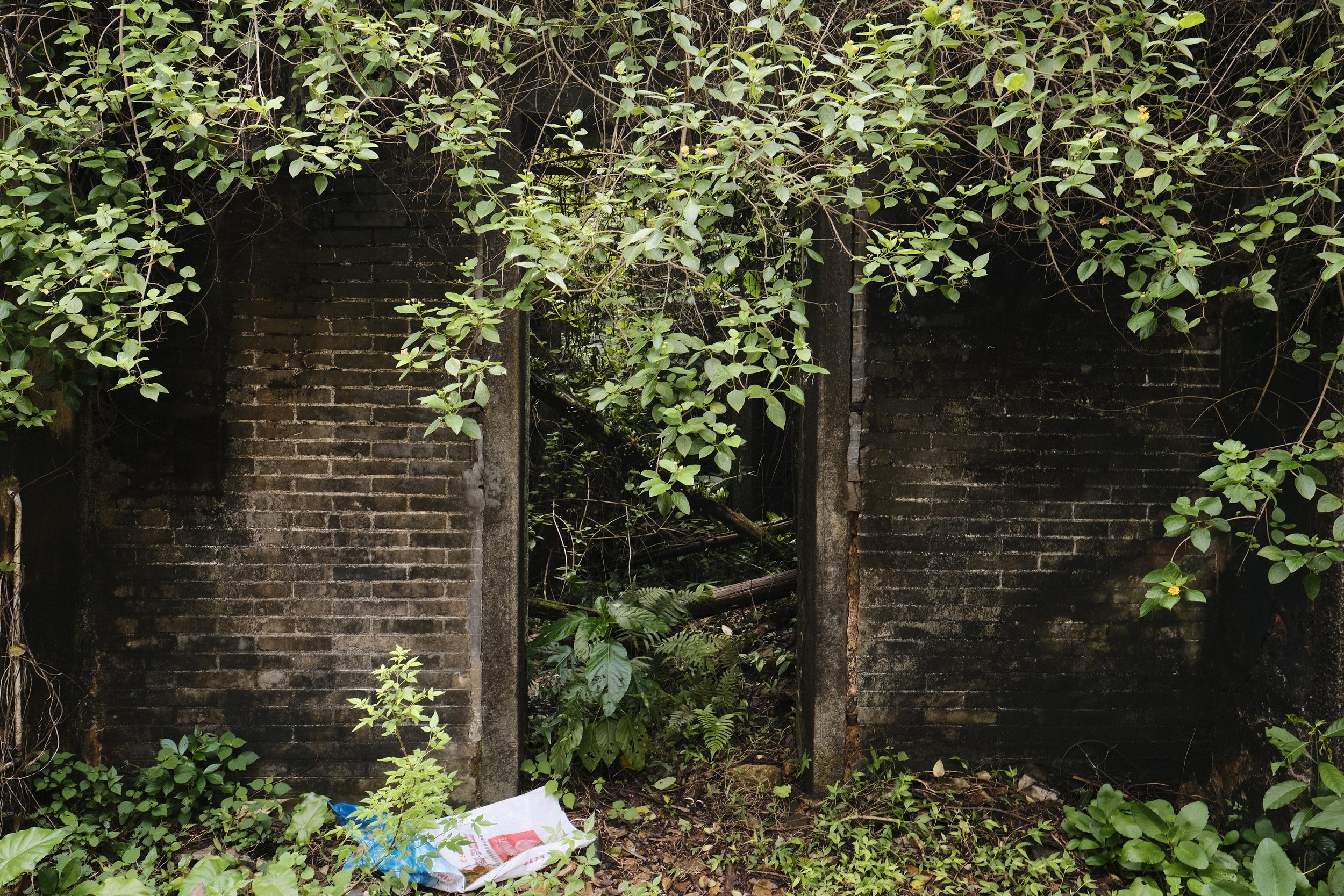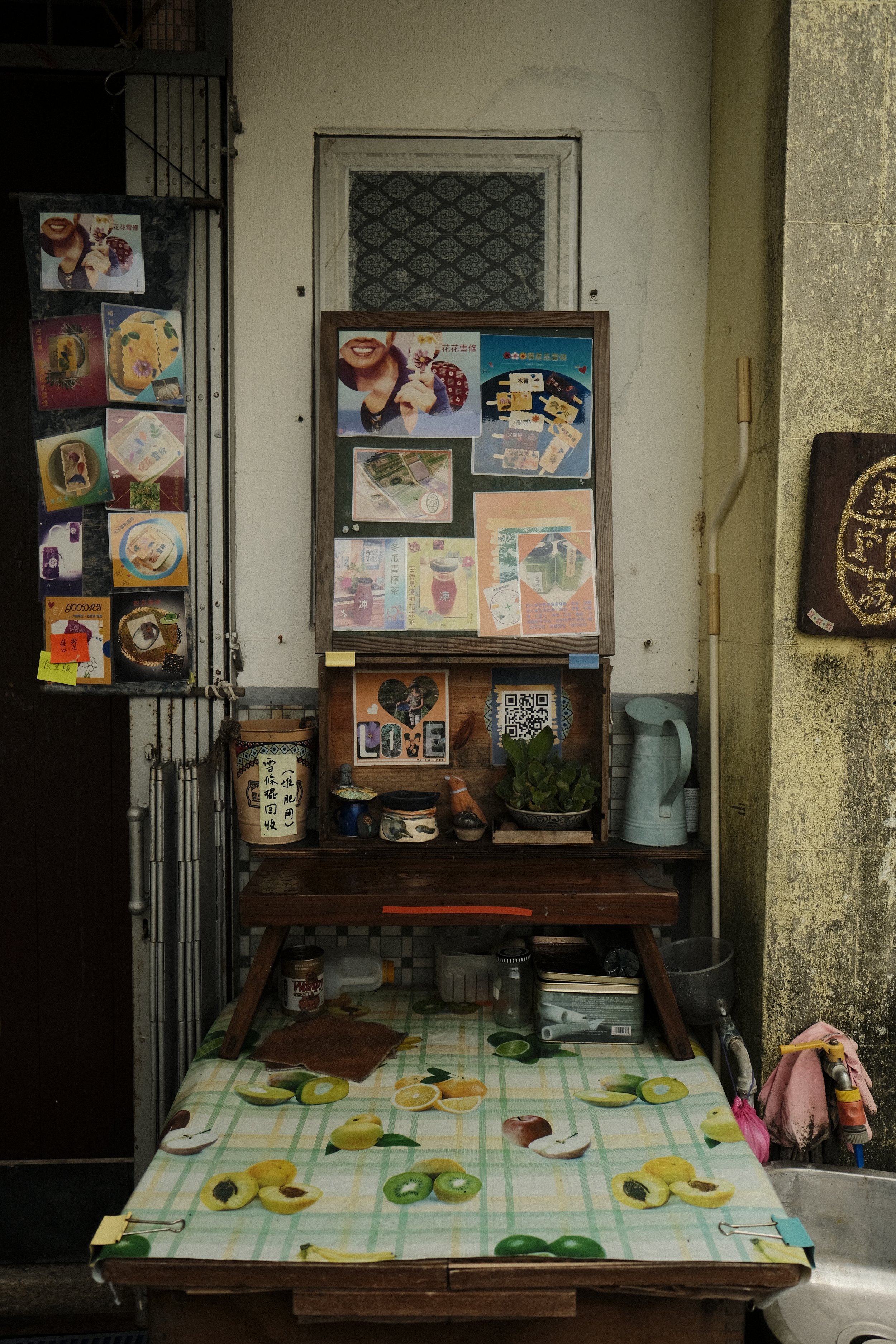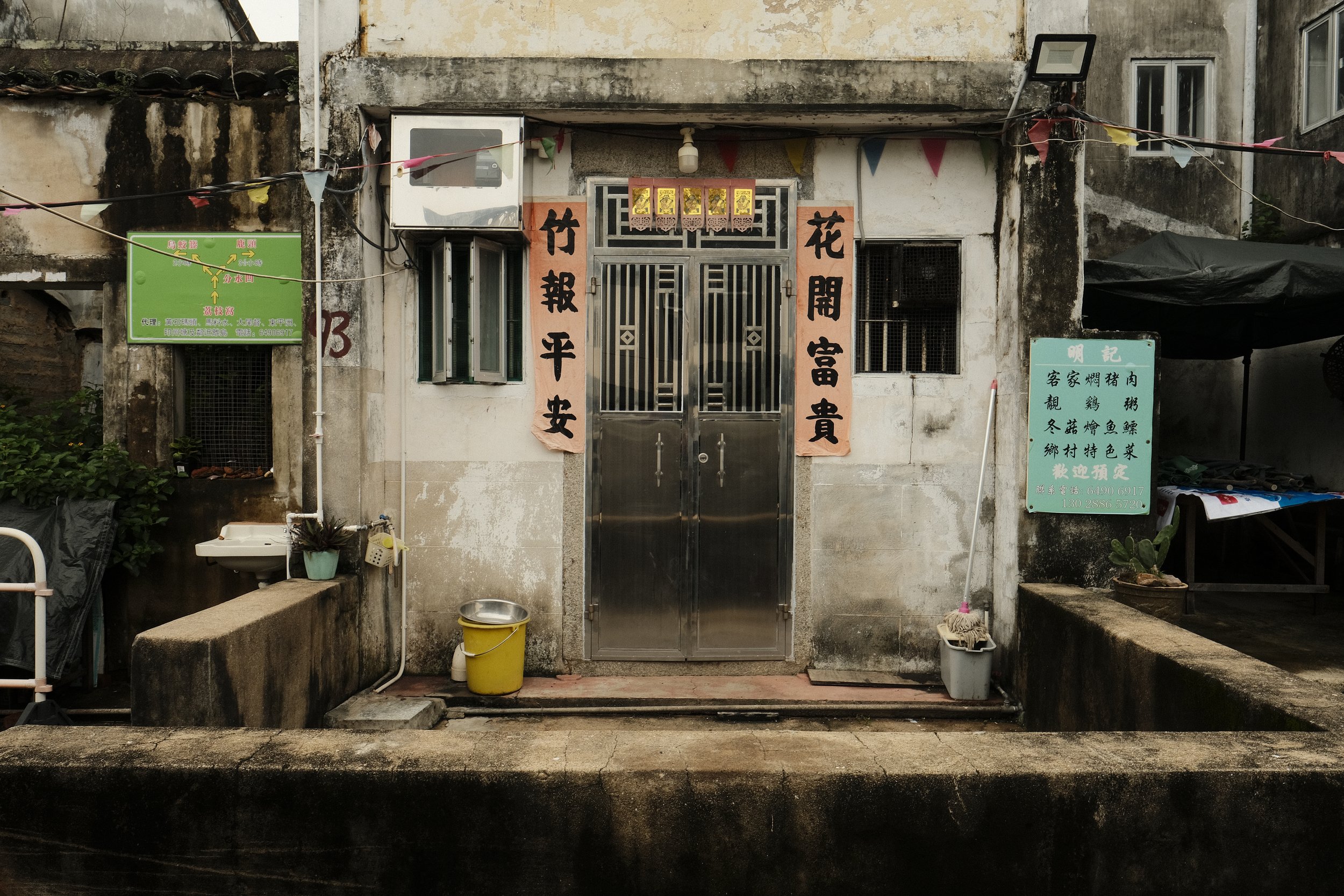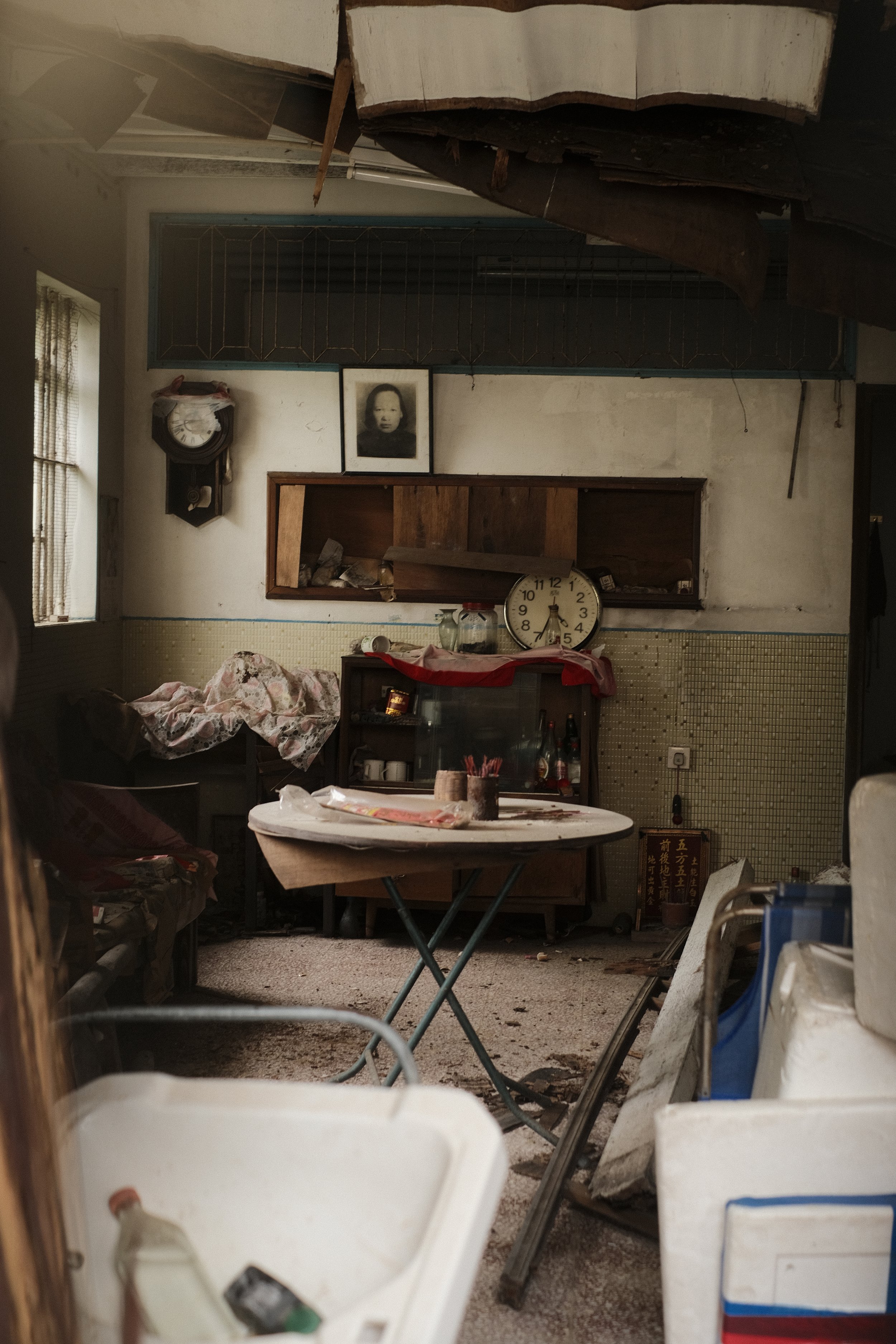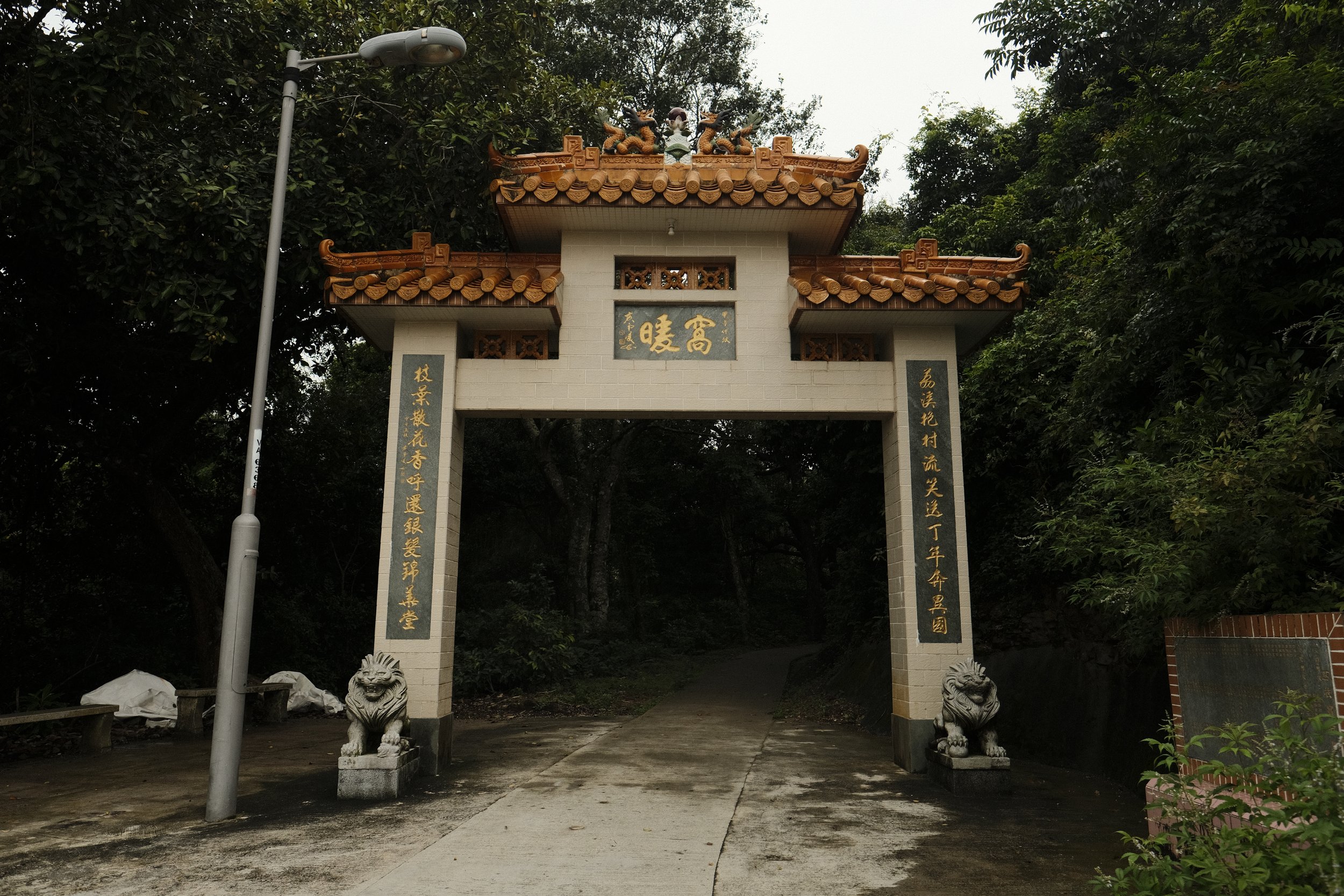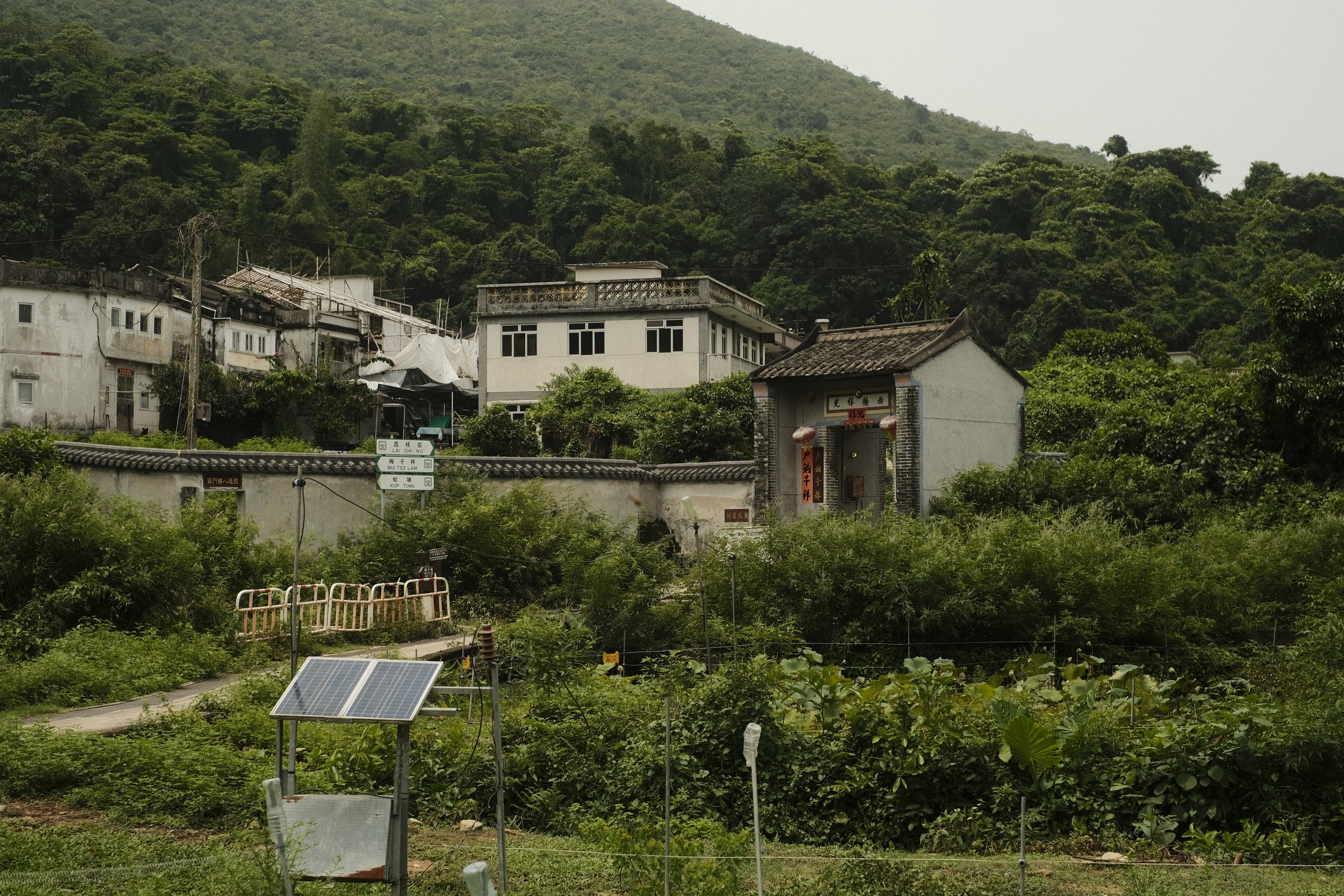Lai Chi Wo: Whose Village is it Anyway? — pt.1
Nestled deep in the Plover Clove Country Park of the North-East New Territories is the quiet village of Lai Chi Wo. The village’s history goes back over 400 years and it is safe to say the walled village has seen better days. It’s not surprising to learn that the number of permanent residents in the village has dwindled to single digits. Houses constructed of mud brick, wood, and clay roof tiles have been left to rot in the brutal heat and humidity of Hong Kong. Most of the homes belong to nature now, sprawling weeds and plants inhabit where people once lived, assimilating the brick structures into the woodland scenery.
Dilapidated house enveloped by nature
In 2017 the Hong Kong government approved of a village revitalization plan spearheaded by Lam Chiu Ying and the Hong Kong Countryside Foundation with the support of the Hong Kong Jockey Club, and the University of Hong Kong. With a budget of HK$54 million dollars, 5,640 sq ft of land, 12 approved homes for revitalization, and a four year development deadline, their goals revolved around;
Creating a pilot scheme for developing productive agricultural methods in rural Hong Kong achieved through growing and researching crops suitable to the local environment while generating revenue and utilizing old farm lands that have not yet been incorporated into the surrounding jungle.¹
Creating a new method of dealing with indigenous villages and homes through researching and revitalizing traditional methods of construction and architectural methods to authentically retain and rebuild crumbling structures²
And creating an environment of biodiversity conservation, community engagement with the indigenous villagers, educational tours, and active management of eco-friendly farming.³
Despite the hefty price tag and being heralded by some of Hong Kong’s most influential people, the goals of this ambitious project to revitalize Lai Chi Wo were met with varying degrees of success.


